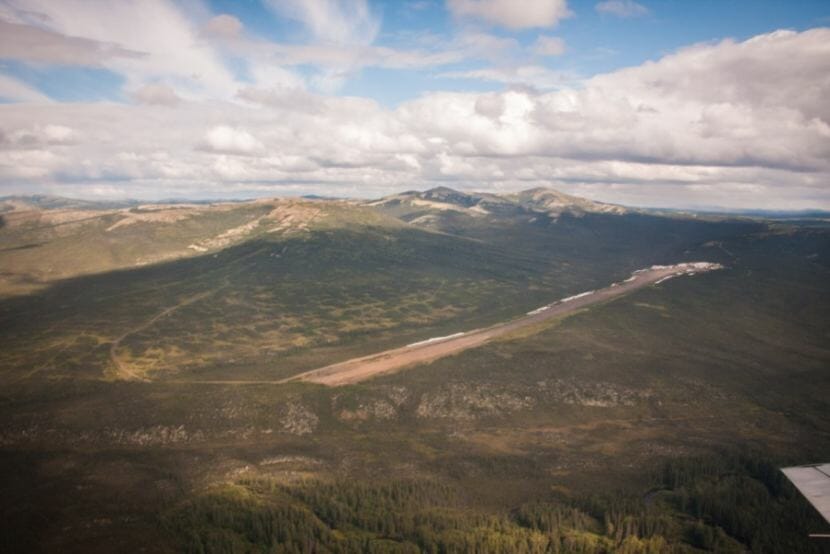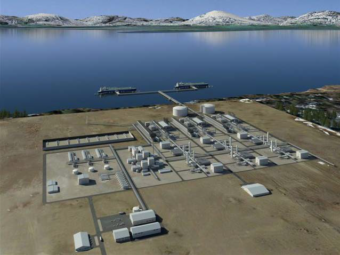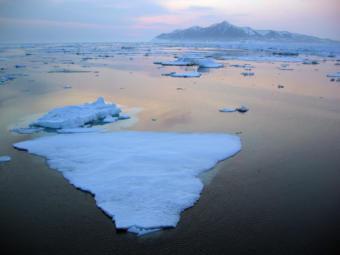
On June 28, the Orutsararmiut Native Council appealed the Alaska Department of Environmental Conservation’s decision to uphold a water quality certificate for the proposed Donlin Gold mine.
The council has contested the water quality certificate before. The most recent appeal comes a month after DEC Commissioner Jason Brune upheld the certificate.
Donlin was first issued its state water quality certificate back in the summer of 2018. The certificate is a big one for the company. It says that mine runoff won’t negatively impact the water quality in the area of the proposed site, which sits about 10 miles north of Crooked Creek. The certificate is critical for Donlin because it’s attached to another permit from the U.S. Army Corps of Engineers, which the mine needs to start construction and actually begin mining. Now the matter is going to court.
The council first filed an informal review in August 2018, just days after the Army Corps issued its permit. Lawyer Tom Waldo, who works for Earthjustice, the law firm representing ONC, said that they take issue with the certificate on three main points.
“The mine, as proposed, would not comply with water quality standards for protection of salmon habitat, for temperature, and for mercury,” Waldo said.
After the state informally reviewed and then reissued the water quality permit twice, Earthjustice called for a formal review process about a year ago. In April 2021, Administrative Law Judge Z. Kent Sullivan recommended rescinding the water quality permit.
In his decision, he wrote that “salmon and salmon habitat in a large segment of Crooked Creek will be significantly and detrimentally impacted by the project.”
But Brune upheld the state water quality certificate in May 2021. Donlin applauded the decision at the time and reaffirmed their support in a press release following the appeal.
ONC Executive Director Mark Springer said that the certificate would have far-reaching, negative impacts on the region.
“The upper Kuskokwim environment, and the entire Kuskokwim reach, and the fish in the Kuskokwim, and all of the people who live here and who have depended on salmon and smelt for thousands of years,” said Springer.
Waldo says the appellate court’s decision could be released in around a year, and the decision would likely be appealed once more after that. If the state water quality certificate is permanently rescinded, the permit from the U.S. Army Corps of Engineers will be as well.
“I think it is very likely that whoever loses in the superior court, it’s very likely that party would appeal to the Alaska Supreme Court,” said Waldo, who added that because this involves a state permit, the case can only reach the level of the Alaska Supreme Court.

